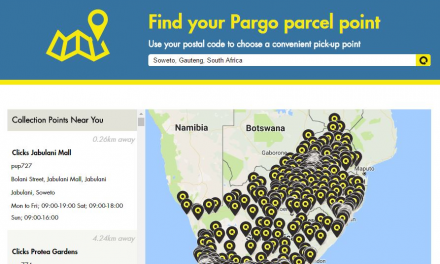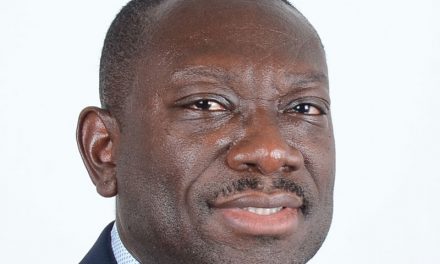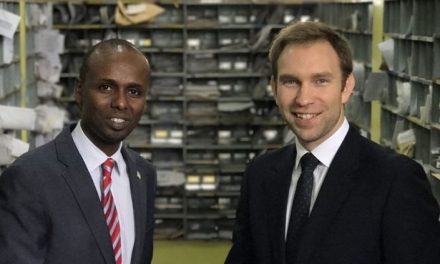
GeoJozi Challenge winners announced
The winners of the 2016 GeoJozi Developer Challenge – a competition which this year aimed to use Geographic Information Systems (GIS) technology to solve Johannesburg’s street addressing issues – have been announced. The competition was open to South African developers aged 30 and younger and was held through a partnership between the City of Joburg, Wits University’s Joburg Centre for Software Engineering (JCSE) and mapping software company, Esri South Africa.
According to a notice published on the Wits University’s website, the first, second and third place winners were:
First: Thapelo Sekwena, a junior software developer at SAAB. With partner Ganwell Banda they developed an app that uses a combination of gamification, crowd sourcing and augmented reality that simply asks users for addresses in exchange for rewards on places that need addressing or validation.
Second: Methembe Dlamini, a Masters student in Computer Science from the University of Johannesburg. His app deals with the need to locate a certain point even without knowledge of the exact address. By linking a person’s contact information with their current address, where they reside can be established.
Third: Absalom Mpanze, analyst developer at Standard Bank. His app’s intention is to take peoples’ footsteps to create a unique code for that place and point in time, which is shared. Every point is unique, as is the code, and it guarantees accuracy. Individuals use this code to accurately find addresses and will be prompted to name their streets if none exist.
Director for Corporate Geo-Informatics for the City of Johannesburg Marcelle Hattingh commented: “Street addresses specify points of service delivery. They are essential for electricity, water, refuse, sewage, emergency services, land ownership, parcel deliveries, safety and security, being able to vote and countless other critical services and functions.
“Street addresses that are not clearly displayed or not displayed at all make it difficult, and sometimes impossible, to deliver essential services to residents of the city. In some informal settlements, we still have areas where street addresses don’t exist at all.”












